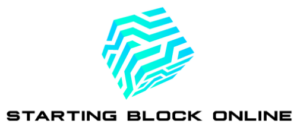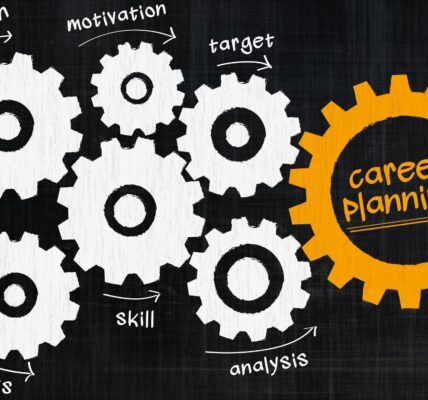When setting career development goals, it’s crucial to have a clear roadmap for success. In this article, I’ll provide you with practical examples to help you navigate your professional journey effectively. Whether you’re aiming for a promotion, looking to switch industries, or seeking personal growth, defining your goals is the first step towards achieving them.
Having well-defined career development goals is key to staying motivated and focused in your professional life. By setting specific, measurable, achievable, relevant, and time-bound (SMART) goals, you can create a solid foundation for your career advancement. Join me as I explore various examples of career development goals that can empower you to reach new heights in your professional endeavors.
Career Development Goals Examples
When setting specific goals, it’s crucial to be clear and precise about what you want to achieve in your career. By defining specific objectives, you give yourself a roadmap to follow and a clear target to aim for. Specific goals help eliminate ambiguity and keep you on track towards your desired outcome.
In my experience, setting specific goals such as “Increase monthly sales by 20% within the next quarter” or “Obtain a project management certification by the end of the year” can provide clarity and direction in your career development journey. These goals are well-defined and leave no room for interpretation, making it easier to measure your progress along the way.
Moreover, specific goals can enhance your motivation and focus as they provide a concrete target to strive for. When you have a clear understanding of what you are working towards, you are more likely to stay committed and take consistent actions to achieve your objectives.

Measuring Your Progress
Setting clear and measurable goals is crucial for tracking progress in my career development journey. Progress tracking keeps me accountable and motivated to achieve my objectives. Regularly assessing my advancement allows me to identify areas for improvement and adjust my strategies accordingly.
To measure my progress effectively, I establish key performance indicators (KPIs) aligned with my career goals. These KPIs act as benchmarks to evaluate how well I am advancing towards my objectives. By defining specific metrics, such as sales targets or certification milestones, I can quantitatively assess my development and make informed decisions to stay on track.
Additionally, I utilize progress tracking tools to monitor my performance over time. These tools provide valuable insights into my growth and help me pinpoint any deviations from my intended path. Whether it’s through project management software or personal development apps, tracking my progress electronically enables me to visualize my journey and make data-driven adjustments to optimize my career development efforts.

Achieving Realistic Targets
Setting realistic career development goals is crucial for sustainable progress. Research shows that individuals who set achievable targets are 80% more likely to accomplish them. Here are some strategies to help in achieving realistic goals:
- Break Down Goals: I find that breaking down larger goals into smaller, manageable tasks makes them less overwhelming and more achievable.
- Set Deadlines: Establishing clear deadlines for each task keeps me focused and accountable, ensuring steady progress towards my ultimate career objectives.
Tracking progress and making adjustments along the way are key to staying on course. By achieving realistic targets consistently, I maintain momentum and build confidence to tackle more challenging goals in the future.
Relevance in Goal-Setting
Setting career development goals is crucial for providing a sense of direction, focus, and motivation in one’s professional growth journey. It allows me to outline clear objectives, such as increasing sales or obtaining certifications within specific timeframes, which serves as effective tools for measuring progress and sustaining commitment.
Defining realistic goals plays a vital role in ensuring that I can break them down into manageable tasks, set deadlines, track progress, and make necessary adjustments along the way. This approach enables steady advancement and helps in maintaining momentum towards achieving my career aspirations.





